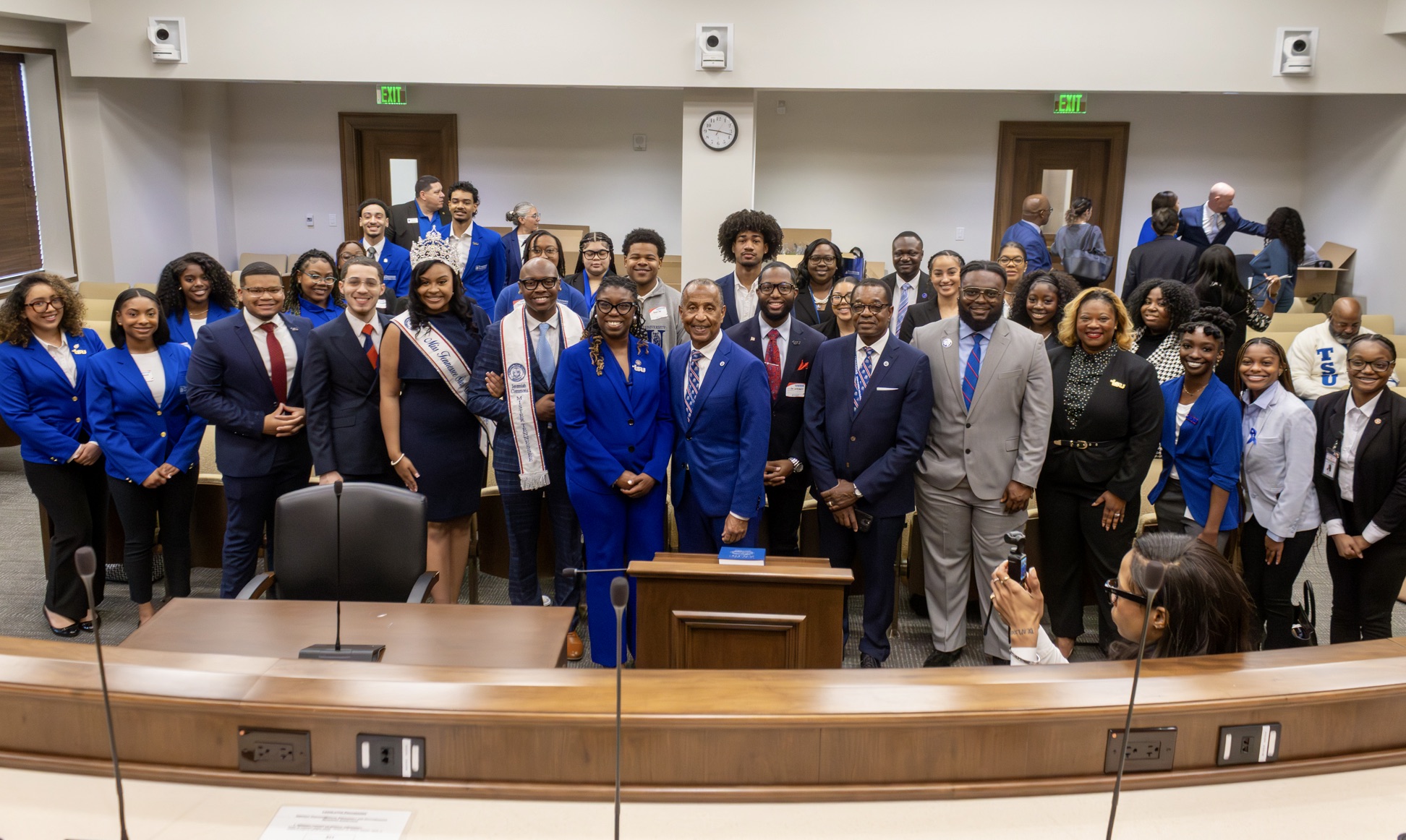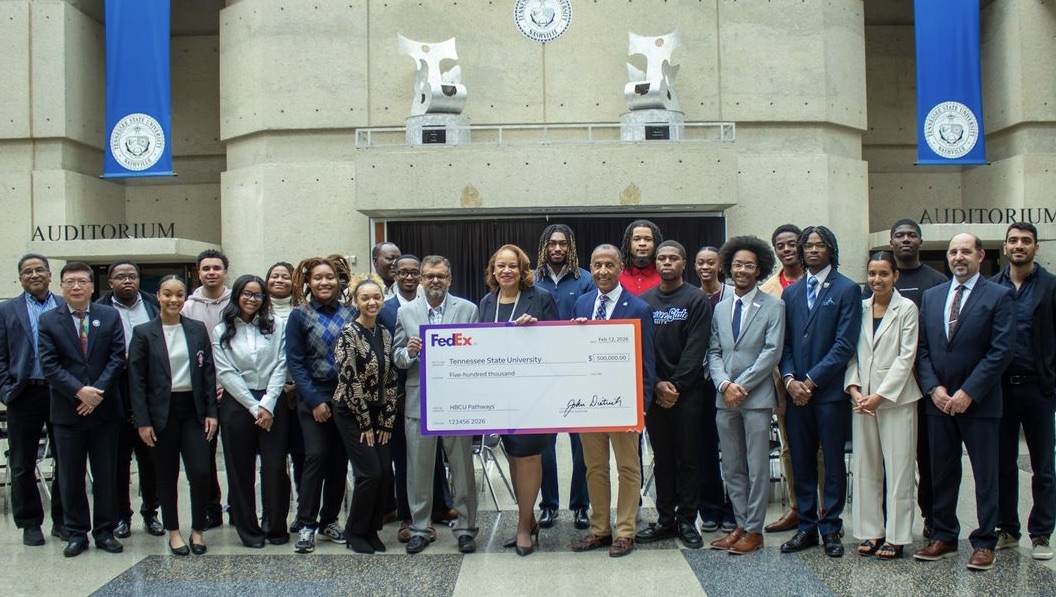
TSU Dean Dr. Chandra Reddy Tapped to Lead National Ag Research Group
By Charlie Morrison NASHVILLE, Tenn. (TSU News Service) – Dr. Chandra Reddy, dean of the College of Agriculture at Tennessee State University, has been appointed chair

By Charlie Morrison NASHVILLE, Tenn. (TSU News Service) – Dr. Chandra Reddy, dean of the College of Agriculture at Tennessee State University, has been appointed chair

By Charlie Morrison NASHVILLE, Tenn. (TSU News Service) – The Tiger Bay Wetlands restoration project officially launched this winter, led by a collaborative team from Tennessee

By Charlie Morrison NASHVILLE, Tenn. (TSU News Service) – Tennessee State University College of Agriculture research scientists recently secured grant funding from the U.S. Department of Agriculture’s



